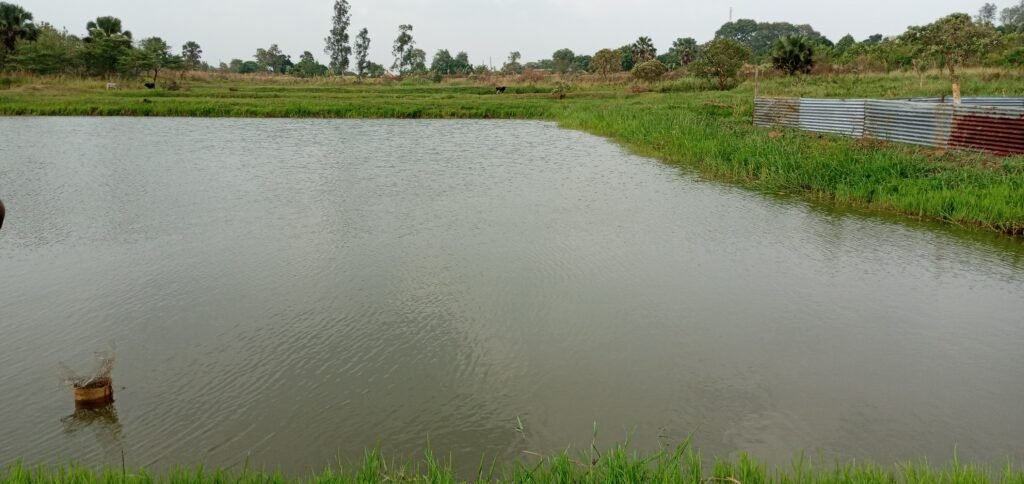Set on a former rural homestead, the company runs a fairly complex operation that includes a fish hatchery, fish ponds, and milling machines for maize, sunflower and rice. Incubator rooms are designed to mimic a natural stream environment, with constant upwelling flow of fresh water to supply oxygen and wash away waste. Incubator trays are filled with small, plastic, saddle-shaped pieces that act as artificial gravel. The substrate also provides hiding spaces where hatched young fingerlings can remain undisturbed until they have absorbed their yolk material for body development.
The company is building a fish feed mill, the only facility of its kind in the region, to enable it produce and supply fish pellets to farmers in Oyam and neighbouring districts in addition to fingerlings of the African catfish. James Ebuku, the 33-year-old founder of Awelo Fish Farm, puts the entire investment in the enterprise at between UGShs600-700 million. But its origin couldn’t have been humbler, with Ebuku starting off with little more than passion for fish rearing and personal ingenuity

